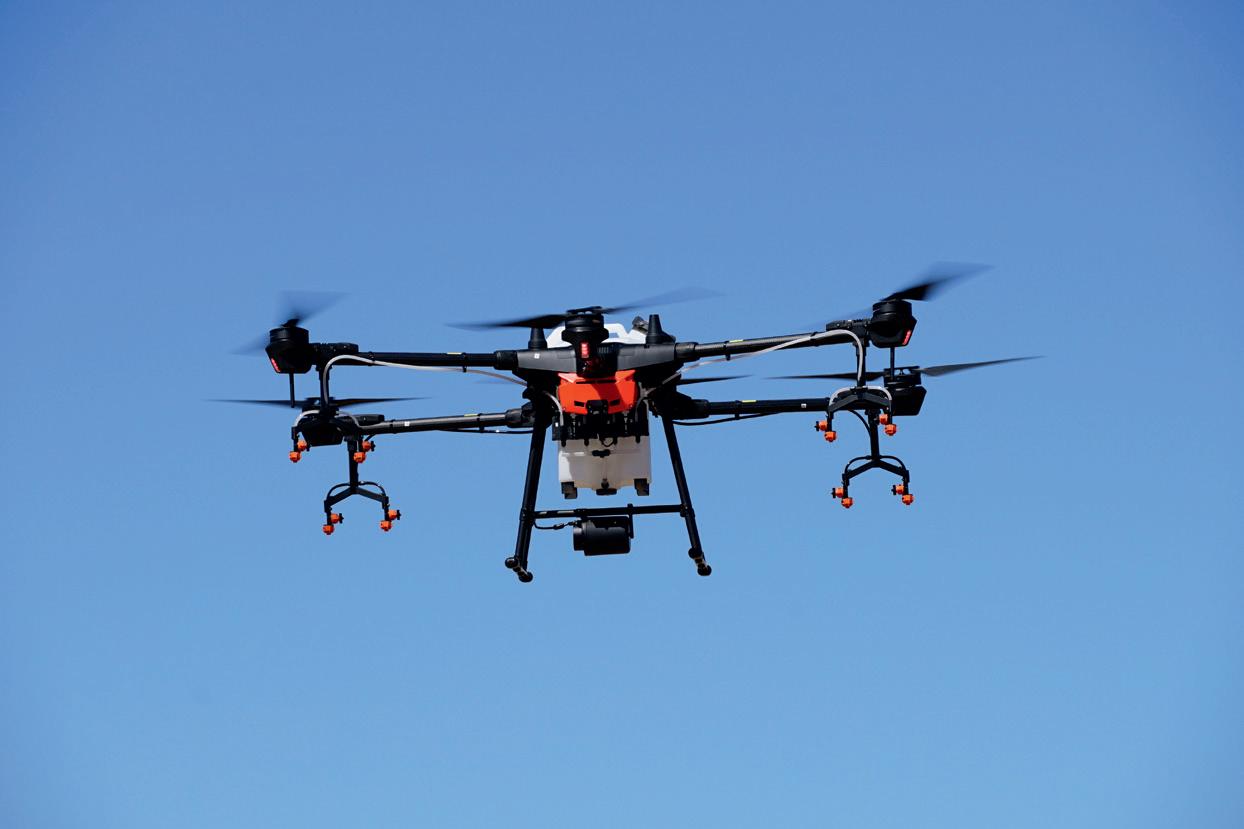
2 minute read
Agricultural economist
by WCDOA pubs
What is an agricultural economist?
Agricultural economists collect, understand and interpret both local and international economic activities and relate this to how they affect the agricultural markets. They collect and analyse data within the industry and use the results to advise their stakeholders (like farmers). Their research also allows them to spot trends and predict economic impacts and market movements. The ultimate goal is to help a “client”; be it a farmer, a company, policymaker or institution. The information collected by an economist can assist in creating a more stable and efficient working environment.
Where could you work?
You could work as an agricultural economist for the government (like the Department of Agriculture) or the private sector –including agricultural companies like food corporations, financial institutions, nonprofit organisations and rural development institutions. You could become a lecturer or teacher, sharing your knowledge with others. Aside from local opportunities, you could work internationally as an agricultural economist. This scarce skill is not only used in the agricultural sector; there are also prospects to work in economic development or the financial sector. The opportunities are extremely broad and varied.
Where can you study?
You can study agricultural economics at a number of tertiary institutions:
• The North-West University
• The University of Fort Hare
• The University of KwaZulu-Natal
• The University of Limpopo
• The University of Pretoria
• Stellenbosch University
• The University of the Free State
• The University of Venda
What subjects and themes are you likely to study?
• Economics and agricultural economics are likely to be a major component of your degree.
You could also study subjects such as
• business law and management;
• accounting;
• labour law; and
• agricultural subjects such as
> agricultural development planning;
> agricultural marketing; and
> agricultural policy.
What is the duration of the degree?
You have two options:
1. A BSc degree in agricultural economics (four years).
2. A BCom degree in agricultural economics (three years).
General entry-level requirements to study agricultural economics:
For a BSc in agricultural economics:
Mathematics: 4 (50%–59%)
Physical science: 4 (50%–59%)
English/Afrikaans: 4 (50%–59%)
Additional language: 4 (50%–59%)
Life orientation: 4 (50%–59%)
Agricultural engineer
What is an agricultural engineer?
Agricultural engineers are problem-solvers in the agricultural sector. They use mechanical, civil and electronic engineering principles to support sustainable agricultural production. The role essentially involves managing resources (including natural resources) in a sustainable way to protect them. For example, agricultural engineers could design gabion structures to protect eroded rivers. Or they could design machinery to improve production, or irrigation systems for nurseries.
Where can you work?
These engineers often work in consultancy roles (either for a company or selfemployed) and are drafted in to support farmers or others working in the sector. There are opportunities in the research and academic world as a lecturer. Agricultural engineers can be appointed to work for national and provincial agricultural departments. In many cases, manufacturing and food companies require these skills to find innovative agricultural solutions to challenges.
Where can you study?
A national diploma or bachelor’s degree are potential launch pads into a career as an agricultural engineer. These institutions offer related diplomas or degrees:
• The Cape Peninsula University of Technology
• The Central University of Technology
• Nelson Mandela University
• Unisa
• The University of Cape Town
• University of Mpumalanga
• The University of the Free State
• The University of Venda
What subjects and themes are you likely to study?
Depending on your institution of choice, and your course, subjects could include agricultural management, computer applications (agriculture), agricultural engineering and agricultural production techniques, among others.
What is the duration of the certificate/diploma/degree?
National diplomas are mostly three-year programmes, while degrees majoring in agricultural engineering are mostly fouryear programmes.
General entry-level requirements to study agricultural engineering: For a BSc Agriculture majoring in agricultural engineering:
Mathematics: 5 (60%–69%)
Life science: 5 (60%–69%)
Physical science: 5 (60%–69%)
Agricultural science: 5 (60%–69%)
Language of instruction: 4 (50%–59%)
Scan this QR Code to download the careers in the agriculture booklet: Living Agriculture 50 Career Opportunities
deur Eloise Pretorius, eloisep@elsenburg.com










